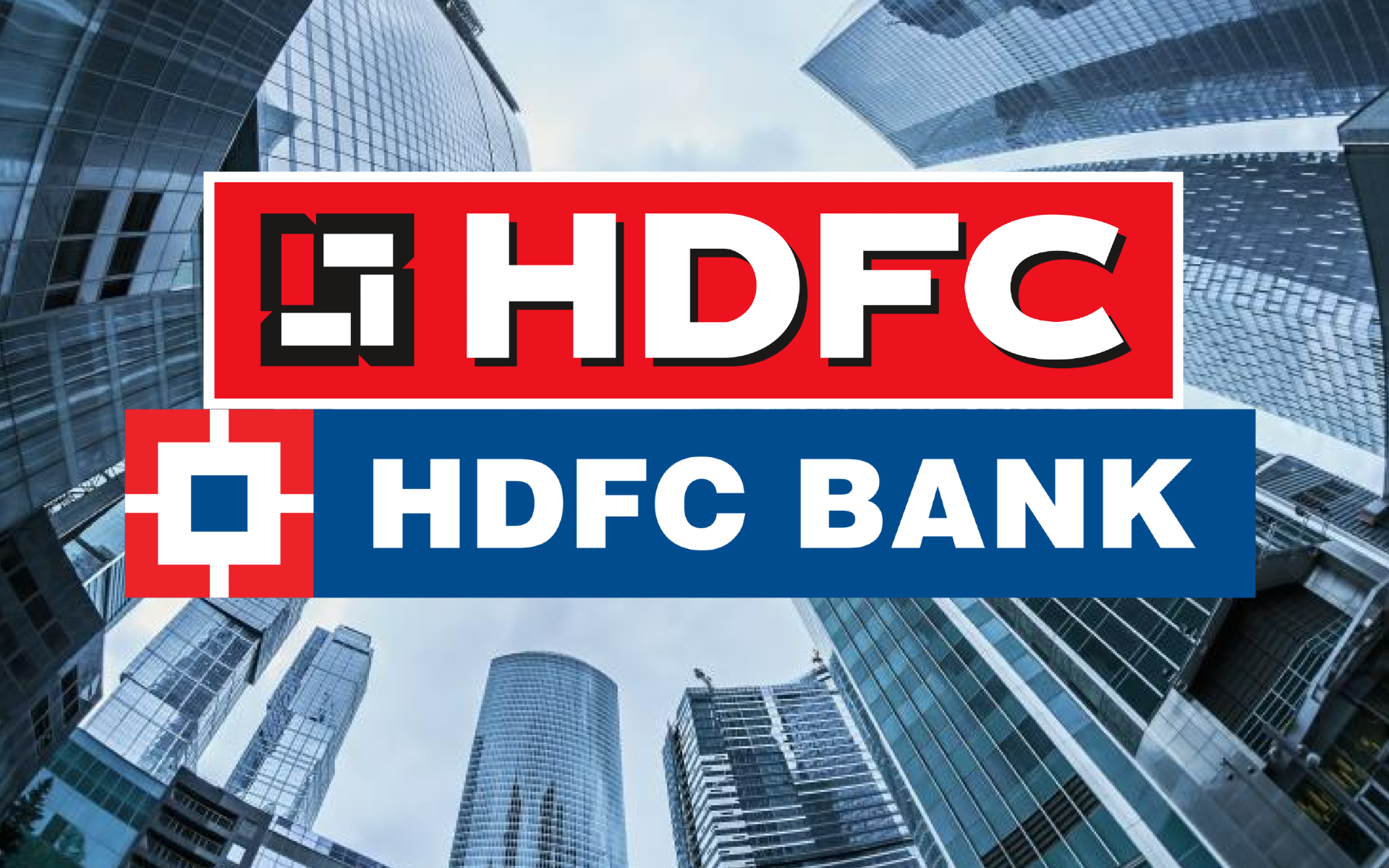


HDFC Bank's stock soared to an all-time high as it received a delivery-based buying of Rs 31,135 crore as part of MSCI rebalancing. The private lender recorded a delivery volume of 17.4 crore shares, with a delivery percentage of over 81%, driving its market capitalisation to reach an impressive Rs 13.57 lakh crore. The November round of MSCI indices rejig is expected to bring in foreign passive flows of $2.5 billion, boosting the bank's weightage in the Global Standard Index. This news has attracted the attention of investors, with BSE Ltd. also recording a high delivery turnover worth Rs 2,928 crore.
Background:
HDFC Bank is India's largest private sector bank, renowned for its robust financial performance and strong brand reputation. Morgan Stanley Capital International (MSCI) is a leading global provider of equity indexes and investment tools.
MSCI Index Rebalancing:
MSCI periodically conducts index rebalancing to ensure that its indexes accurately reflect the global equity market. On November 10, 2023, MSCI announced changes to its Global Standard Index, which included increasing HDFC Bank's weightage.
Impact on HDFC Bank's Stock:
The rebalancing triggered significant buying interest in HDFC Bank's shares. Investors anticipated that the bank's increased weightage in the MSCI index would attract passive flows from foreign institutional investors. As a result, HDFC Bank's stock surged to an all-time high.
Key Data:
Implications:
The MSCI rebalancing has significant implications for HDFC Bank:
Top 5 FAQs and Answers:
Q1: What is MSCI and why is it important? A1: MSCI provides widely used global equity indexes that are tracked by institutional investors worldwide. Including HDFC Bank in the Global Standard Index makes the bank more accessible to these investors.
Q2: How will the rebalancing impact HDFC Bank's earnings? A2: The increased weightage in the MSCI index could lead to higher foreign investment, which could support the bank's growth and profitability in the long run.
Q3: What are the risks associated with this rebalancing? A3: The rebalancing could lead to short-term volatility in HDFC Bank's stock price. Additionally, global economic conditions could impact foreign investment flows.
Q4: What other companies have benefited from MSCI rebalancing in the past? A4: Reliance Industries, Infosys, and Tata Consultancy Services have all experienced stock price surges following positive changes in their MSCI weightages.
Q5: What should investors do now? A5: Investors should consider evaluating HDFC Bank's fundamentals and potential long-term growth prospects. The MSCI rebalancing offers a potential opportunity for investors to add the stock to their portfolios.

Union Minister Kishan Reddy praised India's youth for their role in propelling the country towards becoming a developed nation by 2047. Addressing newly appointed government employees at the 17th Rozgar Mela, he emphasized the transformative potential of young citizens in shaping the country's future. With over 51,000 individuals receiving job offers through the Rozgar Mela initiative, Reddy credited Prime Minister Narendra Modi's leadership for India's rapid progress in various sectors and encouraged the new recruits to become torchbearers of progress.

The Baltimore Museum of Art has received a generous donation of over $10 million from the Stoneridge Foundation to support their art education department. This donation, the largest in the history of the museum, will fund various educational initiatives, including free family activities and teaching apprenticeships for nearby university students. This gift highlights the importance of museums in promoting education and cultural awareness and sends a message that supporting museums does not have to come only through schools. This funding will also create new positions for museum educators and help the museum better accommodate the numerous education requests they receive.

Tata Motors, one of India's leading automotive companies, has announced the introduction of a new safety feature for their popular SUV, the Nexon. Along with the Advanced Driver Assistance System, the company has also launched a Red Dark Edition of the Nexon and updated its technology. The Nexon has already earned top safety ratings and great commercial success, and this latest update further solidifies its position in the market as a safe, high-performance, and stylish SUV.

Piyush Pandey, the iconic figure in the Indian advertising industry, has passed away at the age of 70. With his powerful storytelling and campaigns that spoke to India in its own language, he transformed the country's advertising landscape. He was also the first Indian ad professional to receive the Padma Shri, a testament to his immense contributions to the industry. Despite stepping down from his role as Executive Chairman of Ogilvy India, his legacy will continue to inspire and shape the world of branding.

A recent RBI bulletin has revealed that the profitability of Indian companies has nearly tripled since the onset of the Covid-19 pandemic. The corporate profit-to-GDP ratio has reached a 17-year high, with large companies emerging as the primary contributors to this increase. This surge has been attributed to pandemic-induced pent-up demand, manufacturing resilience, and improved operational efficiency. However, despite this growth, corporate credit growth remains muted as firms are sitting on significant cash reserves, reducing their reliance on bank loans.

The Employees’ Provident Fund Organisation (EPFO) has announced five major changes to the Employees’ Pension Scheme (EPS) that will significantly impact the retirement savings of salaried employees. These changes include a revised method of pension calculation, an increase in the maximum pension limit from Rs 7,500 to Rs 15,000 per month, and a reduced minimum age for drawing pension from 58 to 50 years. These revisions aim to simplify pension access, increase benefits, and improve portability for members across the country. This move, following a Supreme Court directive, is expected to provide major relief to pensioners and ensure a fair and realistic computation for employees.

Major stock indexes trended downwards on Wednesday as earnings reports pour in and trade tensions between the US and China resurface. The Nasdaq, Dow Jones Industrial Average, and S&P 500 all ended the day in the red, with pressure from a report that the White House is considering export restrictions on China. Meanwhile, gold prices saw a slight increase and the 10-year Treasury yield ticked lower. Among corporate news, Netflix reported weaker-than-expected quarterly profit while Intuitive Surgical saw a boost in shares after exceeding expectations. DraftKings also rose upon news of their acquisition of Railbird, while Tesla and IBM prepared for their third-quarter results. Lastly, AT&T and Alphabet had mixed revenue results, causing their stocks to decline and fluctuate.

Zoho, the popular business productivity software company, is making its entry into the consumer fintech space with the launch of Zoho Pay. This standalone app will also be integrated into the company's chat platform, Arattai, allowing users to easily send and receive money while chatting with others. Zoho plans to expand their fintech offerings to include lending, broking, insurance, and wealth-tech, and sees Zoho Pay as a key component of their overall financial services ecosystem. This move also positions Arattai as a competitor to WhatsApp in the Indian market, as it experiences a surge in downloads driven by government support and privacy concerns surrounding global tech platforms.

Multinational digital tech giant Philips, known for its innovative products, lost a 20-year legal battle before the Delhi High Court. The case involved allegations of patent infringement against an Indian company in the manufacturing and sale of Video Compact Discs (VCD). The court's decision was a blow to Philips, highlighting the importance of protecting intellectual property in the business world.

Concord Control Systems, Elecon Engineering, and Welcure Drugs & Pharmaceuticals are among the companies to trade ex-date for corporate actions such as bonus issues, interim dividends, and stock splits. The ex-date is an important marker for investors, as those purchasing shares on or after this date will not be eligible for the announced benefits. Shareholders of these companies can expect to receive a bonus issue, interim dividend, and stock split in their portfolios, aiming to enhance shareholder value, reward investments, and improve stock liquidity.